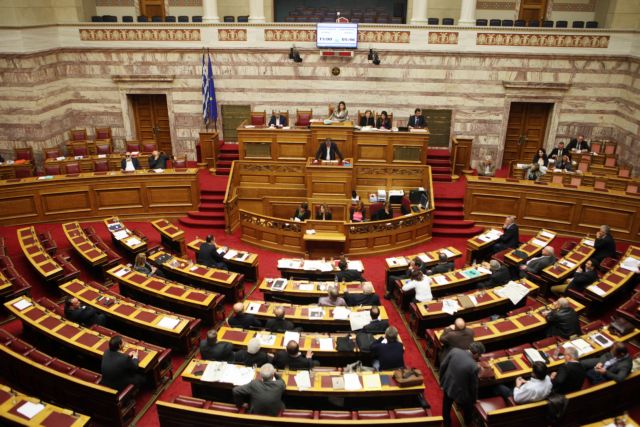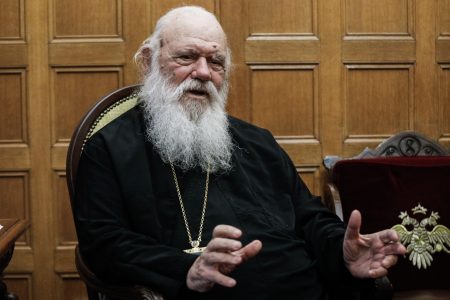The House of Parliament formally approved the formation of a committee to investigate the circumstances that resulted in Greece applying for bailout programs, with a roll call vote being carried out at 3am on Tuesday. Of the 250 MPs who were present in Parliament, 156 approved the formation of the committee, 72 voted against and 22 threw a blank vote.
The discussion was meant to start at 6pm on Monday, however a series of technical delays caused the discussion to start at 7:30. These delays prompted reactions from New Democracy and PASOK. The parliamentary spokesperson for the Communist Party Athanasios Pafilis was highly critical of the committee, arguing that its formation will essentially set a precedent that there is a “good and bad” debt.
The discussion that preceded the vote in Parliament saw the Prime Minister and opposition party leaders exchange accusations and clash. The clash between PM Alexis Tsipras and main opposition leader Antonis Samaras,
over the scope of the inquiry, was perhaps the most intense.
SYRIZA’s proposal
According to SYRIZA’s proposal, the Committee will examine the conditions, events, actions and omission that resulted in the singing of the bailout loan agreements. The Committee will also investigate under what conditions that Greek debt was restructured, how Greek insurance fund reserves were raided and what caused the need for a refinancing and restructuring of the Greek banking system. This period covers the administrations of Giorgos Papandreou, Lucas Papadimos and the Antonis Samaras/Evangelos Venizelos coalition and critically leaves out previous administrations.
In response, New Democracy submitted its own proposal for the formation of a similar committee, to investigate the period from 1981 onwards. PASOK on the other hand has requested the former PM Kostas Karamanlis be summoned to testify before the committee, as his administrations (2004-2009) are not covered in SYRIZA’s proposal. It has also requested that European officials such as Jean-Claude Juncker, Dominique Strauss-Kahn, Jeroen Dijsselbloem and others be summoned, as there are international liabilities in the bailout programs.





